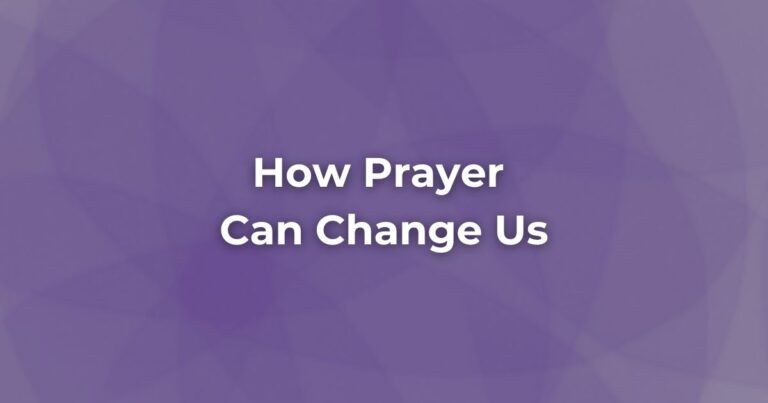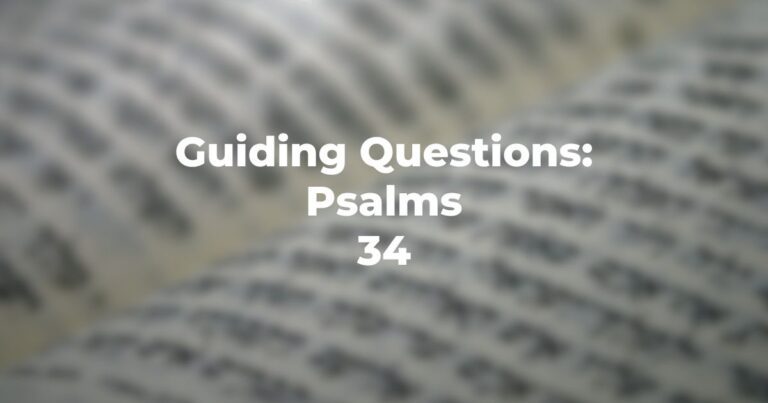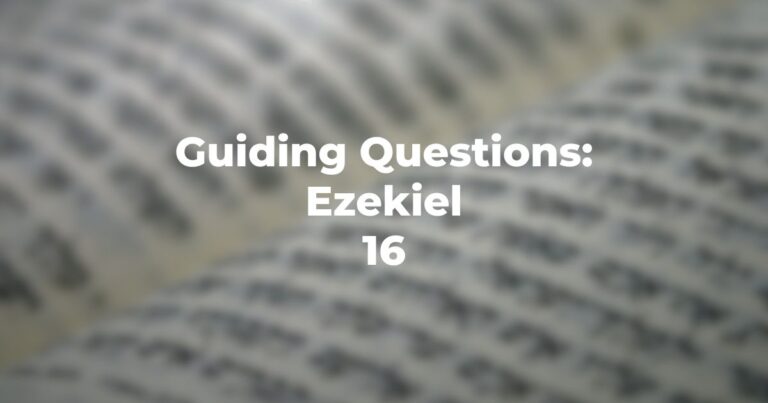- What is the force of the specific reference to a king in Proverbs 21:1?
- Proverbs 21:3 harks back to the Prophets. How so?
- The second half of Proverbs 21:4 appears to be an agricultural metaphor. Explain it.
- In Proverbs 21:6, other versions of the TanakhAn acronym for the name of the Hebrew Bible: Torah, Neviim, and Ketuvim. Read more read mokshei mavet (snares of death) instead of mevakshei mavet (seekers of death). How does this variant enhance our understanding of the end of the verse which is rendered here, “heading for extinction”?
- The JPS translation of Proverbs 21:8 varies considerably from the old version which reads: “The way of man is froward [i.e., perverse] and strange; But as for the pure, his work is right.” Which reading is preferable?
- In Proverbs 21:12, why are the initials of “Righteous One” capitalized? Can this verse be read differently?
- In Proverbs 21:14, some interpret matan ba-seter (a gift in secret) as a bribe. How is this phrase usually understood in our time?
- Do Jews hold to a belief in ghosts? How, then, should Proverbs 21:16 be understood?
- Does Proverbs 21:17 advocate asceticism?
- How can the wicked be a ransom for the righteous (Proverbs 21:18)?
- What do Proverbs 21:9 and Proverbs 21:19 have in common? Why are they separated?
- Does Proverbs 21:22 refer to a specific person or incident?
- Does Proverbs 21:30 negate the book’s general exaltation of wisdom?
- Does Proverbs 21:31 suggest that God determines the outcome of a battle or, for that matter, any human endeavor?
Author
-

Exploring Judaism is the digital home for Conservative/Masorti Judaism, embracing the beauty and complexity of Judaism, and our personal search for meaning, learning, and connecting. Our goal is to create content based on three core framing: Meaning-Making (Why?), Practical Living (How?), and Explainers (What?).
View all posts




